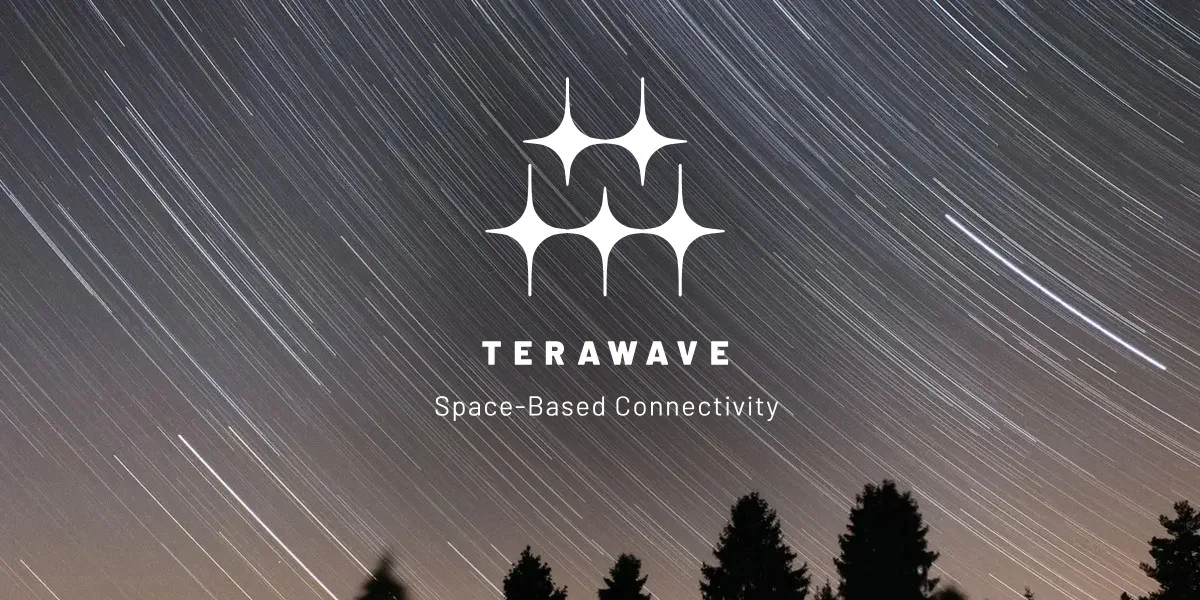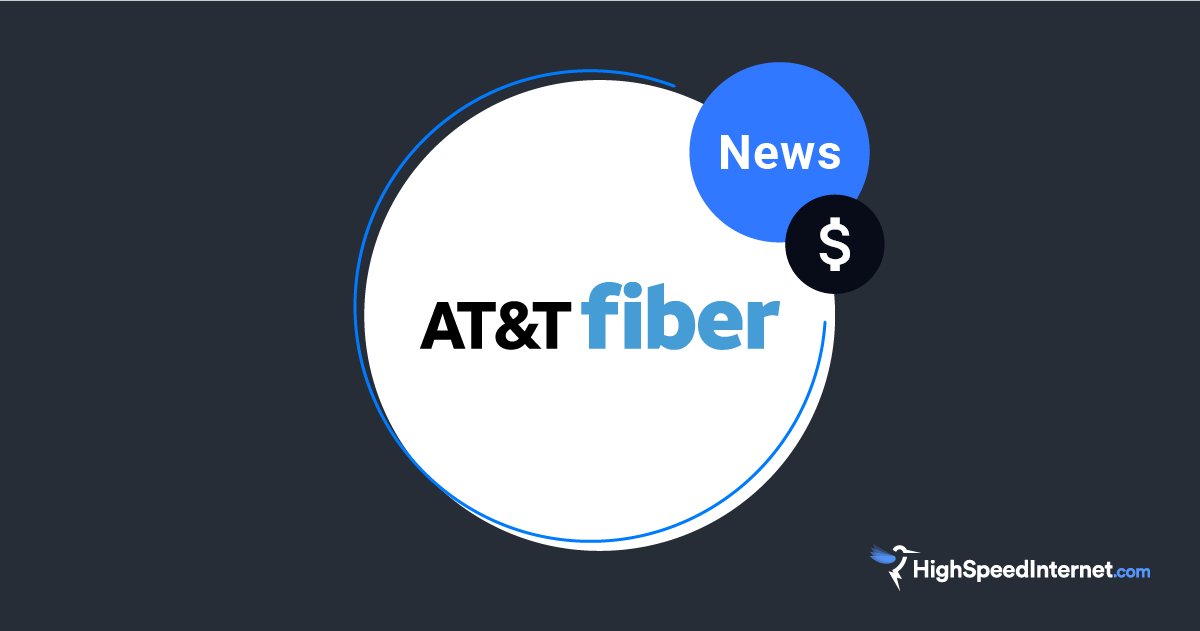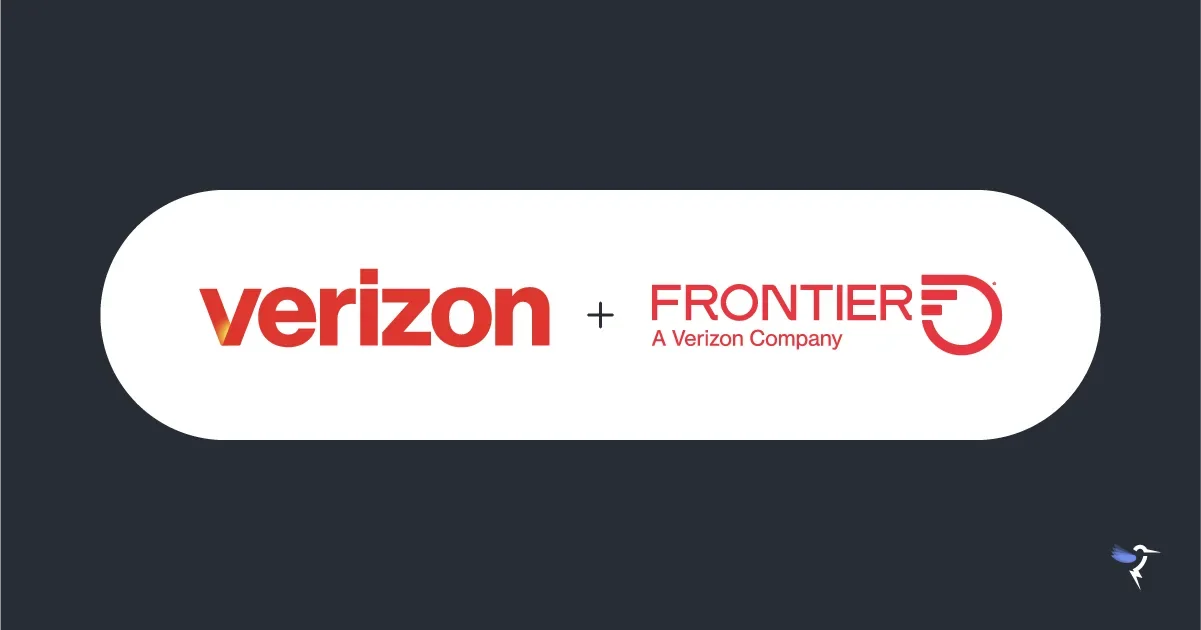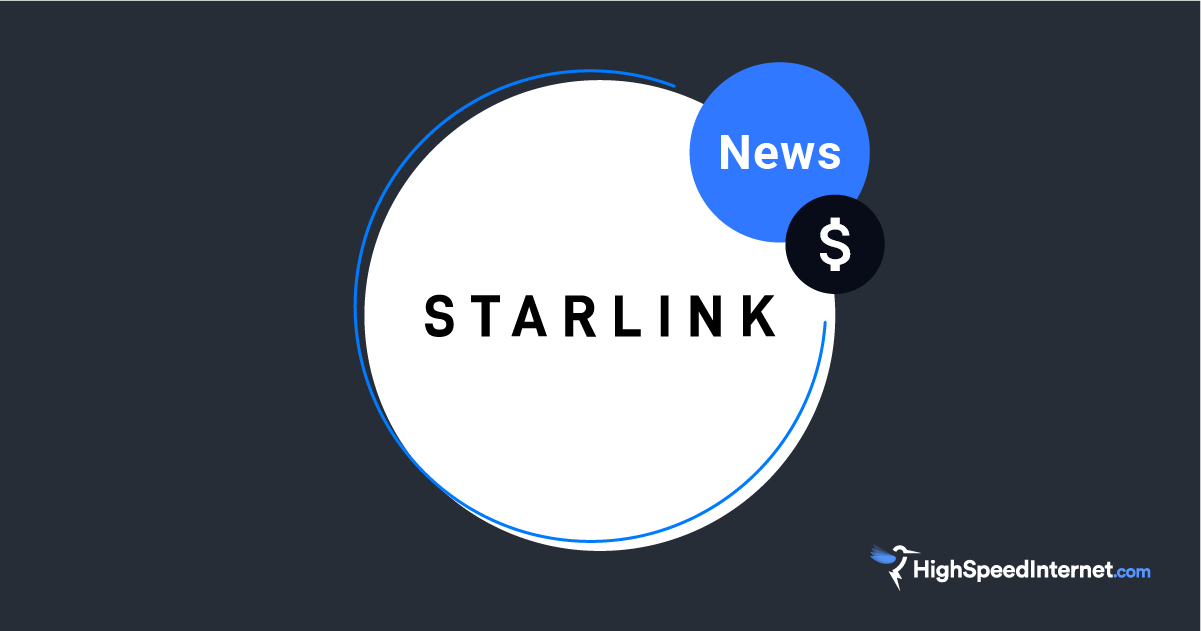Maine is Giving Away 9,000 Starlink Kits, but Affordability is Still an Issue
The state won't subsidize Starlink's $120 monthly service charges
Oct 24, 2024 | Share
News
The state of Maine is buying Starlink kits for about 9,000 private homes and businesses, and it plans to pay for professional installation of those dishes.
The homes and businesses that will receive the Starlink kits have no internet at all yet—no cable, no fiber, no DSL, and no wireless internet from mobile phone companies.
“We have a responsibility to make sure no one gets left behind—no one is left in the digital dark,” said Brian Allenby, Senior Director of Program Operations for the Maine Connectivity Authority.
Locations eligible to receive a free Starlink kit in Maine

The $120 affordability gap
The initiative is being funded by Maine’s Working Internet ASAP Program, managed by the Maine Connectivity Authority.
Gary Bolton, president and CEO of the Fiber Broadband Association, addressed the affordability of the initiative head on.
“If [customers] don’t have $500 to go to Home Depot and buy a Starlink dish, they probably don’t have $120 per month,” he said. “These rural communities are the ones who need it most.”
Bolton and Allenby spoke as part of an expert panel hosted by Broadband Breakfast on Wednesday, October 23.
During the discussion, Allenby explained that the decision not to subsidize monthly Starlink costs is similar to how Maine treats other internet providers. The state helps get the signal to each location, whether that’s fiber or satellite or even fixed wireless, he said, but then each household or business contracts with their service provider for ongoing costs.
How do monthly costs for Starlink compare?
Starlink’s residential plan is more expensive than fiber, cable, or fixed wireless internet.
The cheapest fiber internet plans cost about $50 per month, equipment included, with speeds of about 500Mbps. The cheapest cable internet plans cost as low as $20 per month, with speeds of around 150Mbps, but prices may go up after a promotional period and you often have to rent Wi-Fi gear.
Fixed wireless internet plans cost as little as $35 per month if you bundle with an expensive mobile phone plan, or $50-$60 per month on their own, but speeds are less reliable than with fully wired internet. Speeds range from 200–1000Mbps.
Starlink promises residential speeds of 30-150Mbps, but actual speeds vary widely based on dish location, network congestion, and time of day.
In Maine, the average monthly internet payment is $83.39, and the state ranks 42nd nationwide for internet customer satisfaction. Learn more about internet availability in Maine in our resource library.
If a home or business gets Starlink, will it be ineligible for future broadband funding?
Allenby said locations that receive Starlink dishes will still be considered for future broadband funding coming from state, federal, and private sources.
Allenby went on to address the construction of internet infrastructure with a look back, and a look ahead.
Since 2022, Maine has facilitated $200 Million in state, federal, and private funding to bring high-speed broadband in 86,000 locations, he said. In 2025, it plans to spend another $350 million to bring internet service to both unserved and underserved communities.
By current FCC definitions, a location is underserved if it can’t achieve broadband speeds, defined as download speeds of at least 100Mbps and upload speeds of at least 20Mbps.
How can people in Maine get the free Starlink dishes?
Eligible homes and businesses can sign up for the program using Maine’s WIA portal starting in November of 2024, but they will also be able to sign up by calling in. They’ll learn about the program in a variety of ways, including direct mail.
“It would be a terrible irony to ask someone to sign up online when they don’t have connection support,” Allenby told the panel.
The dishes are scheduled to be delivered and installed some time in December, 2024.
Can you get broadband speeds where you live?
Enter your zip code below to compare providers and save.
Author - Chili Palmer
Chili Palmer covers home tech services, with a special focus on understanding what families need and how they can stay connected on a budget. She handles internet access and affordability, breaking news, mobile services, and consumer trends. Chili’s work as a writer, reporter, and editor has appeared in publications including Telecompetitor, Utah Business, Idaho Business Review, Benton Institute for Broadband & Society, and Switchful.com.
Editor - Jessica Brooksby
Jessica loves bringing her passion for the written word and her love of tech into one space at HighSpeedInternet.com. She works with the team’s writers to revise strong, user-focused content so every reader can find the tech that works for them. Jessica has a bachelor’s degree in English from Utah Valley University and seven years of creative and editorial experience. Outside of work, she spends her time gaming, reading, painting, and buying an excessive amount of Legend of Zelda merchandise.



